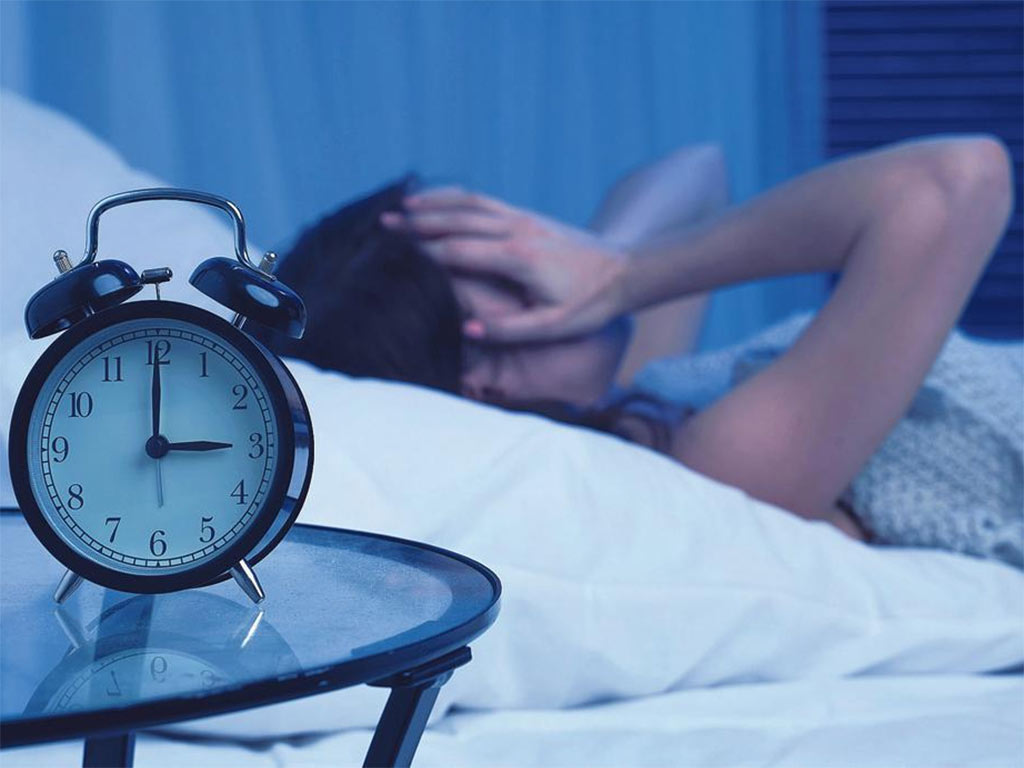In addition to work and family obligations that compete with sleep for time, a quickly changing environment due to growing urbanization and climate change seems to have made it harder to get a good night’s sleep.
Sleep that is of inadequate duration, or inadequate efficiency due to frequent disruption (“tossing and turning”), affects work productivity and quality of life. It also has been linked to a higher risk of chronic diseases including heart disease, type 2 diabetes, depression, and dementia.
The study, published today in Sleep Health, is one of the first to measure multiple environmental variables in the bedroom and analyze their associations with sleep efficiency—the time spent sleeping relative to the time available for sleep.
The analysis found that in a group of 62 participants tracked for two weeks with activity monitors and sleep logs, higher bedroom levels of air pollution (particulate matter <2.5 micrometers or PM2.5), carbon dioxide, noise, and temperature were all linked independently to lower sleep efficiency.
Through this analysis, specialists found that high noise was associated with a 4.7% decline in sleep efficiency compared to low noise, high carbon dioxide with a 4.0% decline compared to low levels, high temperature with a 3.4% decline compared to low temperature, and high PM2.5 with a 3.2% decline compared to low PM2.5.
Two other sleep environment variables, relative humidity and barometric pressure, appeared to have no significant association with sleep efficiency among the participants.
“We seem to habituate subjectively to our bedroom environment, and feel there is no need to improve it, when in fact our sleep may be disturbed night after night as evidenced by the objective measures of sleep we used in our study,” said study lead author Mathias Basner, MD, PhD, professor and director of the division of Sleep and Chronobiology in the department of Psychiatry at Penn Medicine.
pll/jha/joe










